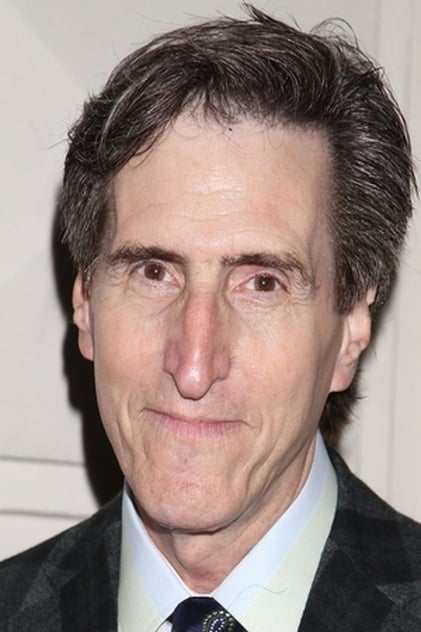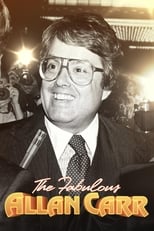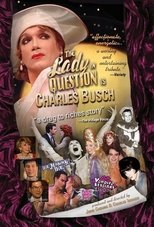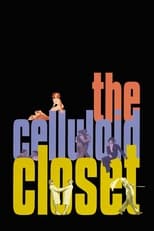

Paul Rudnick
Born: December 29, 1957
Paul Rudnick (born 29 December 1957) is an American playwright, screenwriter and novelist. His plays include I Hate Hamlet, Jeffrey, The Most Fabulous Story Ever Told, Valhalla and The New Century. He also wrote for Premiere magazine under the pseudonym Libby Gelman-Waxner.
Rudnick grew up in Piscataway Township, New Jersey. He is Jewish and openly gay.
Description above from the Wikipedia article Paul Rudnick, licensed under CC-BY-SA, full list of contributors on Wikipedia.
Rudnick grew up in Piscataway Township, New Jersey. He is Jewish and openly gay.
Description above from the Wikipedia article Paul Rudnick, licensed under CC-BY-SA, full list of contributors on Wikipedia.
Movies for Paul Rudnick...

Title: The Fabulous Allan Carr
Character: Himself
Released: May 19, 2017
Type: Movie
Armed with a limitless Rolodex and a Benedict Canyon enclave with its own disco, Allan Carr threw the Hollywood parties that defined the 1970s. A producer, manager, and marketing genius, Carr built his bombastic reputation amid a series of successes including the mega-hit musical film "Grease," until it all came crashing down after he produced the 1989 Academy Awards, a notorious debacle.


Title: The Lady in Question Is Charles Busch
Character: Self
Released: April 25, 2005
Type: Movie
Tender and upbeat, THE LADY IN QUESTION IS CHARLES BUSCH is the affectionate and entertaining tribute to actor, writer, drag performer, and glamorous leading lady Charles Busch.


Title: Real Time with Bill Maher
Character: Himself
Released: February 21, 2003
Type: TV
Each week Bill Maher surrounds himself with a panel of guests which include politicians, actors, comedians, musicians and the like to discuss what's going on in the world.


Title: Rescued from the Closet
Character: Self
Released: May 29, 2001
Type: Movie
A collection of interviews recorded for the making of the 1995 documentary "The Celluloid Closet," on the subject of LGBT representation in film history.


Title: The Celluloid Closet
Character: Self
Released: January 30, 1996
Type: Movie
This documentary highlights the historical contexts that gay, lesbian, bisexual and transgender individuals have occupied in cinema history, and shows the evolution of the entertainment industry's role in shaping perceptions of LGBT figures. The issues addressed include secrecy – which initially defined homosexuality – as well as the demonization of the homosexual community with the advent of AIDS, and finally the shift toward acceptance and positivity in the modern era.
